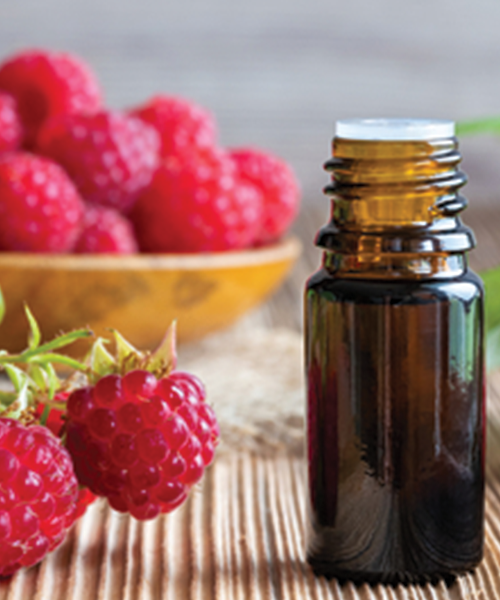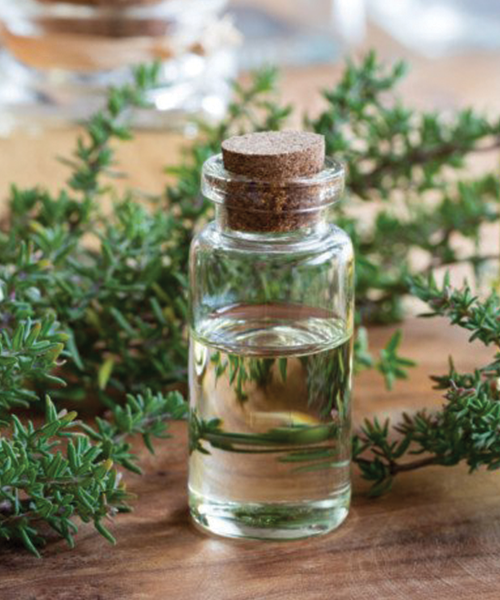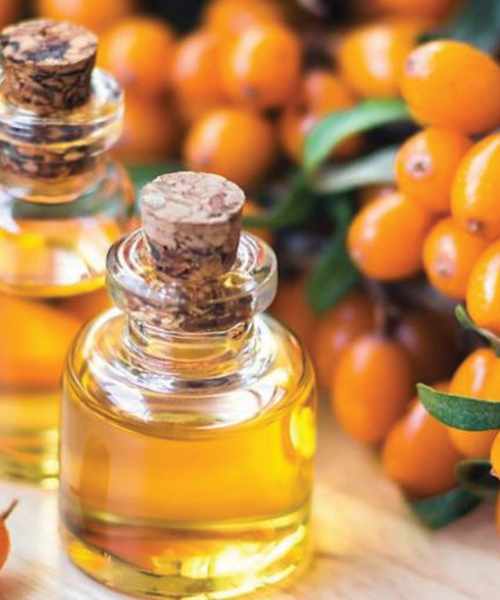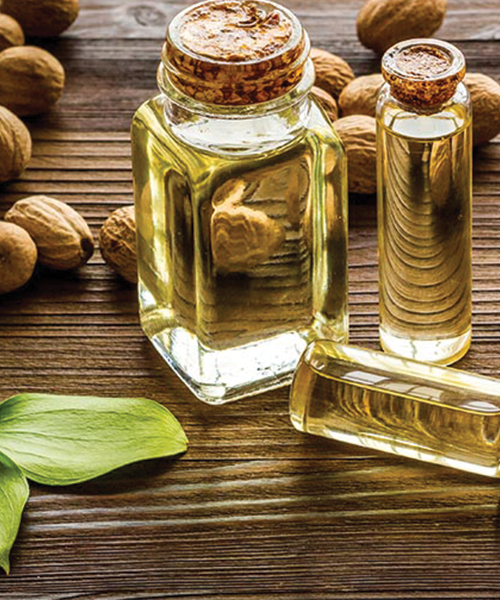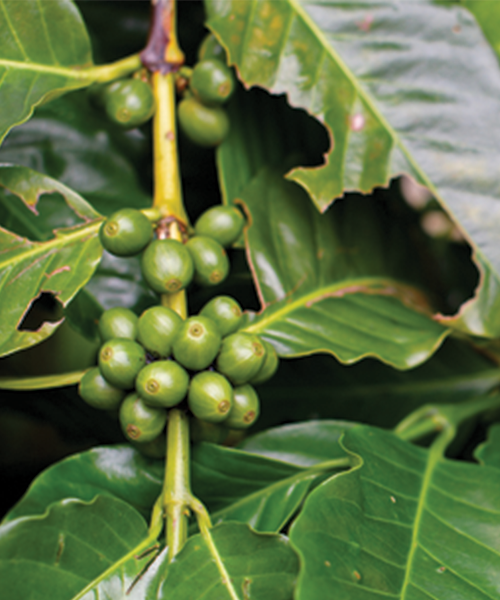Raspberries (Rubus idaeus L.), a member of the family Rosaceae, has crucial sources of basic nutrients and phytochemicals (especially of phenolics and flavonoids), play important roles in the promotion of human health. According to previous studies, phenolic compounds exist in the extracts of raspberry species and possess relatively strong bio-activity, as measured by various antioxidant, anti-diabetes, and anti-cancer cell lines tests performed in vitro. Evidence has confirmed that the long-term intake of phenolics from fruits and vegetables is conducive to the prevention of some chronic diseases, such as reactive oxygen species (ROS) damage, diabetes, lung diseases, heart diseases, and DNA mutations.
The recent study about respberry’s benefits and bio-activities on digestive system was conducted by Qin et al., 2017.
The study focused to evaluate the bio-availability of raspberries (Rubus idaeus L.), raspberry dried fruits (RDF) and seeds (RDS) to in vitro simulated digestion. In total, 2158.6 mg and 1904.7 mg GAE/100 g DM of phenolics could be released from RDF and RDS, respectively, after four in vitro digestion stages, including oral, gastric, small-intestine and large-intestine digestion.
The release of phenolics or flavonoids from the dried fruits and seeds of raspberries and their associated bio-activities were different during simulated in vitro digestion. The total phenolic or flavonoid compounds released from RDF and RDS were significantly higher after simulated in vitro digestion compared with those released from undigested samples. Result showed phenolics were mostly released in the gastric digestion stage for RDF and in the small-intestine digestion stage for RDS. The results include an analysis of ten major phenolic compounds, which showed that ellagic acid pentoside was the major compound released from RDF and RDS during gastric digestion, whereas ellagic acid was the primary compound released in small-intestine digestion. A significantly positive correlation existed between the observed bio-activities and the total phenolics/flavonoids released. Consequently, both raspberry fruits and seeds can be considered as raw materials of functional food enriched in natural antioxidants.
The results also verified that the released phenolics and flavonoids play important roles in the antioxidant activities (the scavenging activities of DPPH, ABTS+, and OH− free radical, and FRAP) and α-glucosidase inhibitory activity of the food sources. In summary, simulated in vitro digestion is a good method to evaluate the bioavailability of compounds in food matrix. Importantly, both the fruits and seeds of raspberries were found to be good sources of natural bio-active compounds.
Find out our raspberry extract here. Contact us for more info.
[1] Yin Qin, Lu Wang, Yufeng Liu, Qunying Zhang, Yongxia Li, Zhenqiang Wu. 2018. Release of phenolics compounds from Rubus idaeus L. dried fruits and seeds during simulated in vitro digestion and their bio-activities. Journal of Functional Foods 46: 57-65.


